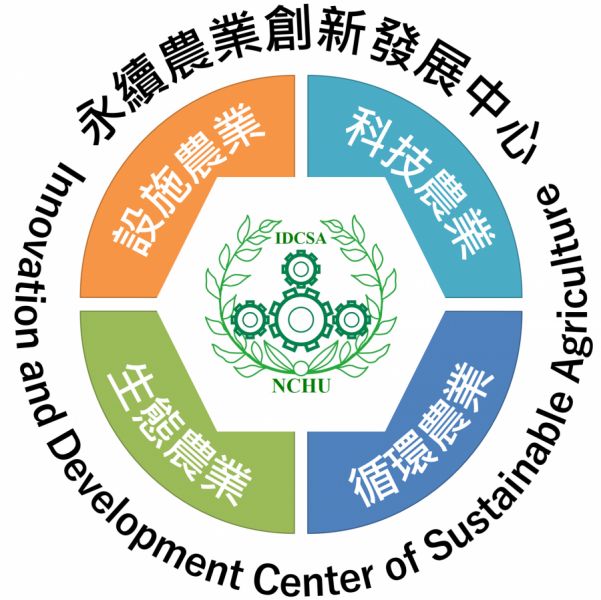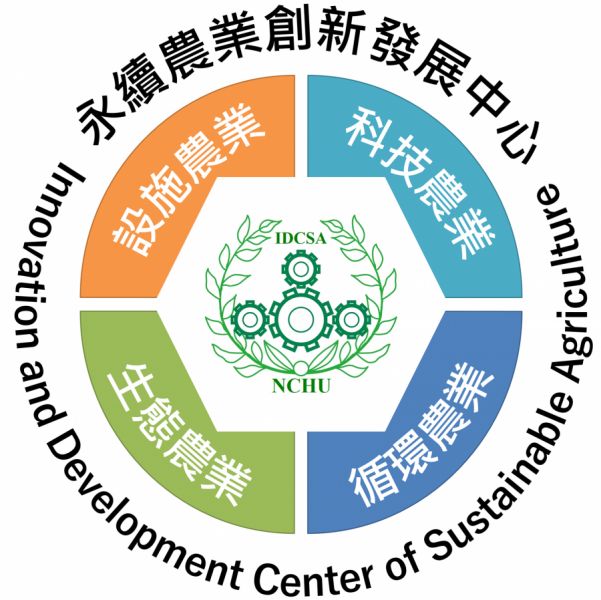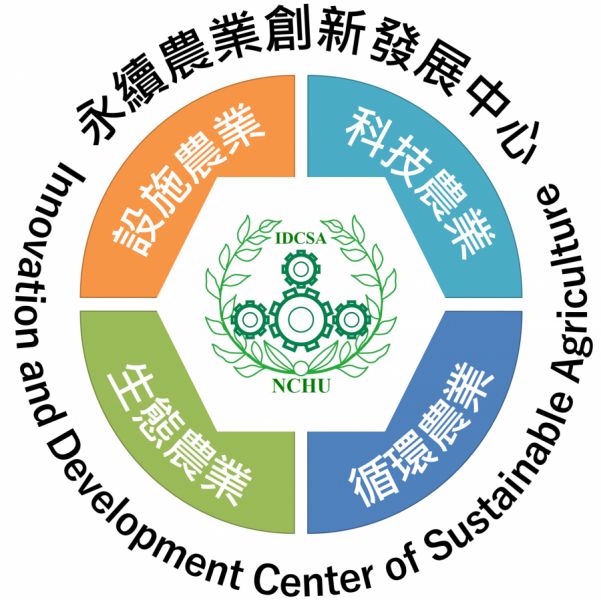This study focuses on the agricultural landscape of the shallow mountain region in central Taiwan. Under consideration of the high economic value and the irreversible nature of the agricultural landscape, it is important to establish an efficient way to highlight the values of the agricultural landscape. Especially, this study explores the spatial-temporal changes of the landscape through the deep learning model analysis of multi-date satellite images, and the value of ecosystem services is assessed by utilizing the Analytical Network Process (ANP) method of Multiple Criteria Decision Analysis (MCA). The results' highlights are summarized below:
- The focus research area consists of six townships, including Nantou City, Mingjian Township, Zhushan Town, Zhongliao Township, Jiji Town, and Lugu Township. The area of agricultural land has increased from 2018 to 2021, but it is fragmented, and the shape of agricultural land patches tends to be irregular.
- River width, slope, and deformation are taken as the main change factors for river morphology. The proposed theory is verified in one actual case of river morphology in Kao-Ping River, and the research shows that the theory is consistent with the actual case.
- For ecological checking purposes, this study takes the central Taiwan shallow mountain area as the demonstration area and prioritizes the changes of the landscape component. As a result, it is found that forest occupied most of the overall landscape, about 70%; the construction area is about 18%; the agricultural area is about 6 %; bare land and water bodies total about 6%.
- According to the trend analysis of vegetation and climatic factors from 1982 to 2012, it is found that in the central area at 500 to 1000 meters altitude, the vegetation has a downward trend from 1990 to 2000, and the rainfall and minimum temperature rise. Therefore, we should pay attention to the interaction between climate change and the agricultural landscape.
- The results of the ecosystem services evaluation show that the most valuable service is the biodiversity and water storage functions.
2022 Focus:
This study intends to add future trends in climate change, analyze the changes in agricultural landscapes in the shallow mountains of central Taiwan. Additionally, to evaluate the impact of natural disasters and human activities on Taiwan’s overall agricultural ecosystem service functions, and apply the concept of ecological checking to potential key areas in Taiwan is our next focus. Moreover, the Contingent Valuation Method will be used to assess the value of agricultural ecological services in the shallow mountain area, and analyze the concepts and attitudes of the residents of the shallow mountain to the risk of climate change. Finally, we would like to put forward the implementation strategies and policy recommendations for improving the agricultural ecosystem services in the shallow mountain area of Taiwan.




